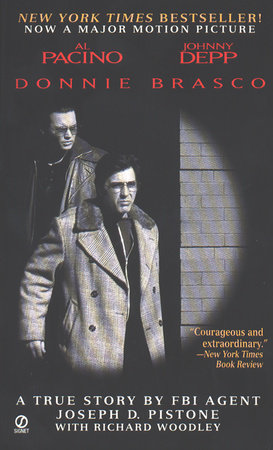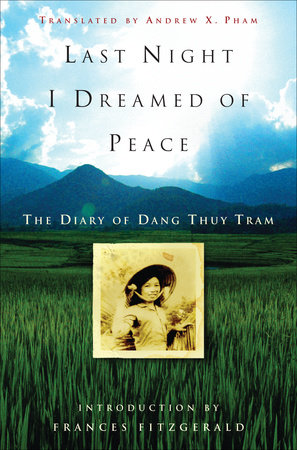

Last Night I Dreamed of Peace
By Dang Thuy Tram
By Dang Thuy Tram
By Dang Thuy Tram
By Dang Thuy Tram
By Dang Thuy Tram
Read by Kim Mai Guest
Introduction by Frances Fitzgerald
Translated by Andrew X. Pham
By Dang Thuy Tram
Read by Kim Mai Guest
Introduction by Frances Fitzgerald
Translated by Andrew X. Pham
Category: Biography & Memoir | 1950 – Present Military History | World History
Category: Biography & Memoir | 1950 – Present Military History | World History
Category: Biography & Memoir | 1950 – Present Military History | World History | Audiobooks

-
$20.00
Oct 07, 2008 | ISBN 9780307347381
-
Sep 11, 2007 | ISBN 9780307405531
-
Sep 11, 2007 | ISBN 9780739354490
312 Minutes
Buy the Audiobook Download:
YOU MAY ALSO LIKE
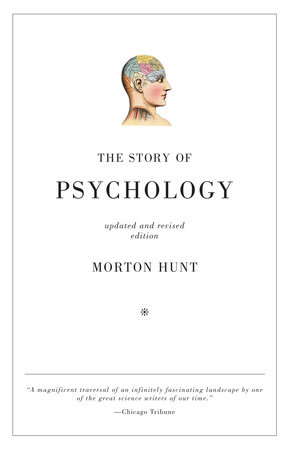
The Story of Psychology
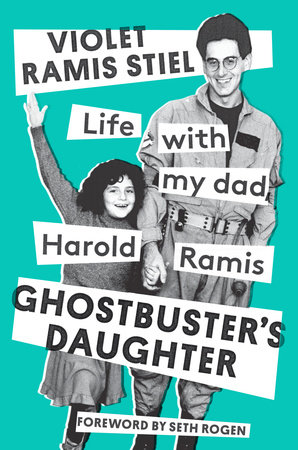
Ghostbuster’s Daughter

Depths

Your Body Beautiful
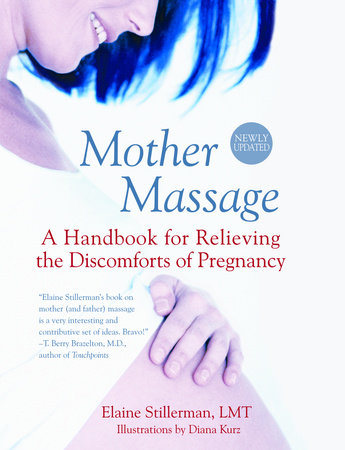
Mother Massage

Lyrics

Believer
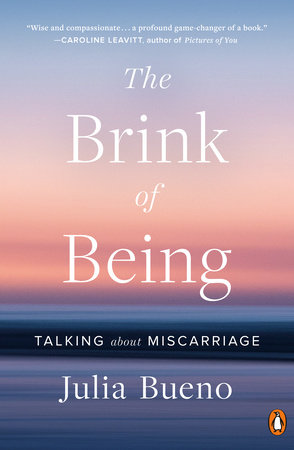
The Brink of Being

Misfire
Praise
“Now available for the first time in English – faithfully translated by Pulitzer Prize-winning Vietnamese American journalist Pham – [LAST NIGHT I DREAMED OF PEACE] is witness to the unjust horrors and countless tragedies of war, a reminder made more pertinent every day.”
—The Bloomsbury Review
“Last Night I Dreamed of Peace is a book to be read by all and included in any course on the literature of war.”
—Chicago Tribune
“Remarkable. . . . A gift from a heroine who was killed at twenty-seven but whose voice has survived to remind us of the humanity and decency that endure amid—and despite—the horror and chaos of war.”
—Francine Prose, O, The Oprah Magazine
“As much a drama of feelings as a drama of war.”
—Seth Mydans, New York Times
“An illuminating picture of what life was like among the enemy guerrillas, especially in the medical community.”
—The VVA Veteran, official publication of Vietnam Veterans of America
"Idealistic young North Vietnamese doctor describes her labors in makeshift clinics and hidden hospitals during the escalation of the Vietnam War.
Tram did not survive the war. On June 22, 1970, an American soldier shot her in the head while she was walking down a jungle pathway dressed in the conventional black pajamas of her compatriots. Judging by her diary, rescued from the flames by another American soldier and first published in Vietnam in 2005, she died with a firm commitment to the Communist Party, the reunion of Vietnam, her profession and her patients, many of whom she saved in surgeries conducted under the most primitive and dangerous conditions imaginable. In one of her first entries, on April 12, 1968, she characterizes herself as having ‘the heart of a lonely girl filled with unanswered hopes and dreams.’ This longing and yearning—especially for the lover she rarely sees, a man she names only as ‘M’ — fills these pages and gives them a poignancy that is at times almost unbearable. Early on, Tram records her concerns about being accepted into the Party. She eventually—and gleefully—is, but one of her last entries reveals the results of an evaluation by her political mentors, who say she must battle her ‘bourgeois’ tendencies. It’s a laughable adjective to apply to a young woman dedicating her life to the communists’ political and military cause. Tram blasts the despised Americans over and over, calling them ‘imperialist,’ ‘invaders,’ ‘bloodthirsty.’ She notes with outrage the devastation wrought by bombs, artillery and defoliation. Describing her efforts to treat a young man burned by a phosphorous bomb, she writes, ‘He looks as if he has been roasted in an oven.’
Urgent, simple prose that pierces the heart."
—Kirkus Reviews
21 Books You’ve Been Meaning to Read
Just for joining you’ll get personalized recommendations on your dashboard daily and features only for members.
Find Out More Join Now Sign In








